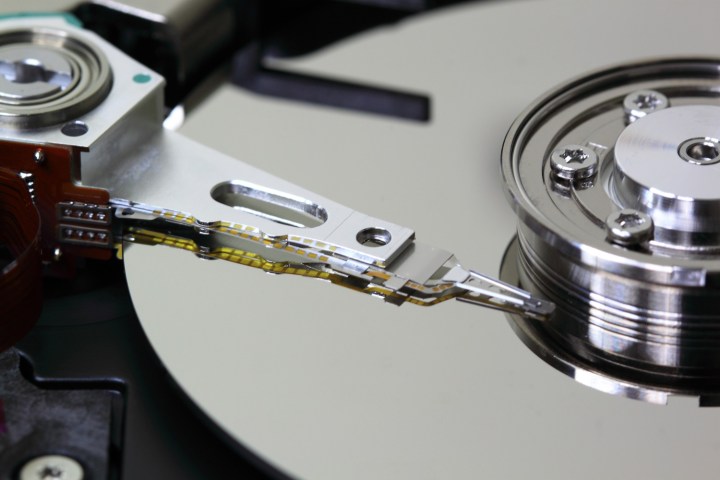
That’s why reliability needs to increase right along with storage density — or larger drives can become more of a hindrance than a help. One organization that takes great care in monitoring the reliability of the drives they use is Backblaze, a cloud backup and storage provider, and that company has released its latest drive test results. It has good news about larger drives.
In total, Backblaze stores 300 petabytes of data, which is the equivalent to 300 million gigabytes. The company uses 67,642 disks to store all that data, a number that’s actually reduced from its previous quarter even while storage capacity has increased. The reason is simple: Backblaze is using larger drives, moving from HGST and Western Digital 2TB drives to Seagate 8TB drives.
The move results in significant savings in size and energy, but Backblaze worried that the savings could be completely mitigated if failure rates with the new drives were to exceed two to three times the older drives.
As it turns out, the migration is demonstrating that the 8TB Seagate drives are resulting in a long-term failure rate of roughly 1.6 percent a year, which is equal to the results seen with the HGST 2TB drives they’re replacing, and dramatically improved from the 8.2 percent the Western Digital drives were experiencing. In other words, the expected “bathtub curve” of high beginning and ending failure rates, with lower failure rates in the middle isn’t happening, and the drives are simply demonstrating great reliability from the outset.
In general, Backblaze reports that the 8TB drives are demonstrating more reliability than any other Seagate disks that the company has tested. Seagate had provided more readily available and affordable drives, but with reliability that was a bit worse than competitors.
For consumers, this information should help ease fears about new, untested, plus-sized mechanical disk drives. It appears they are as reliable, or more reliable, as their smaller peers, and they should be a great choice for backing up your PC.



